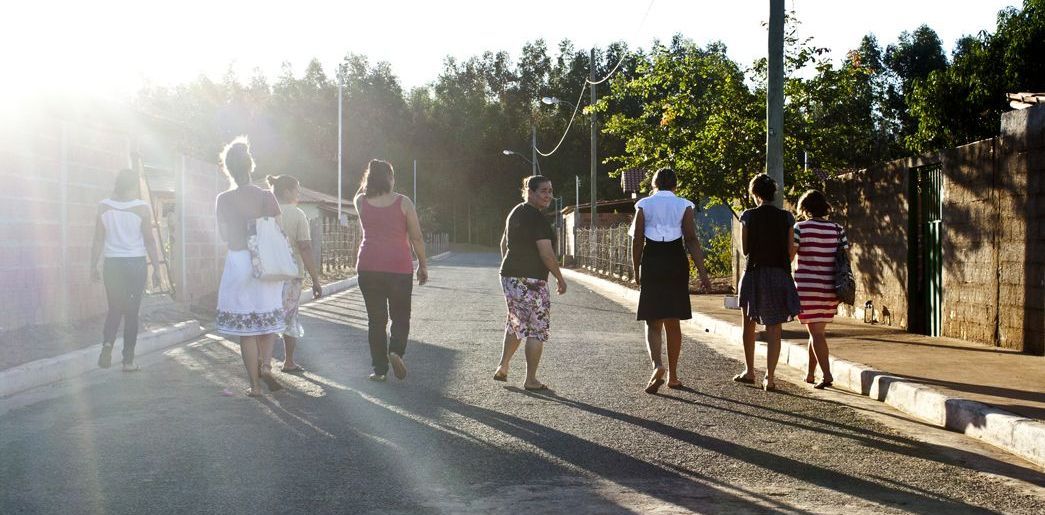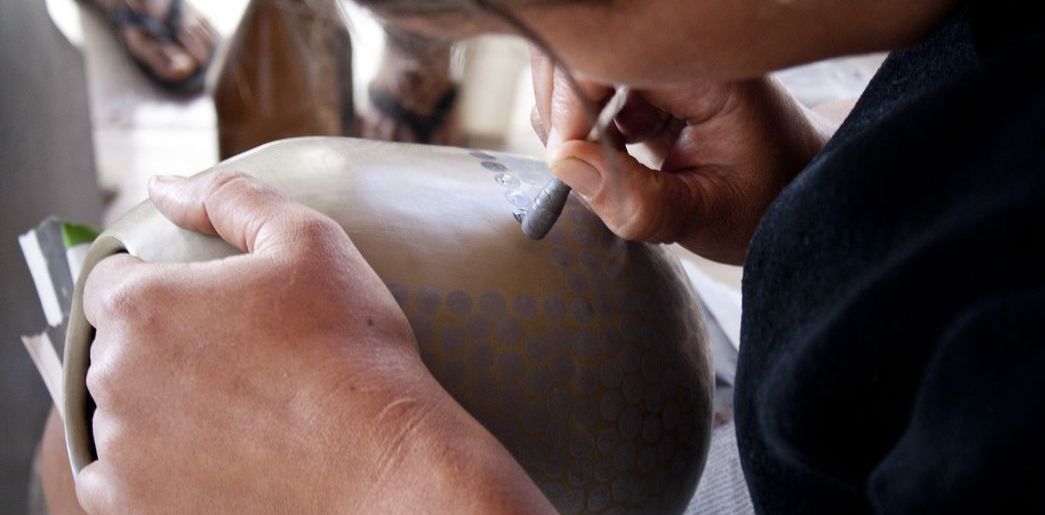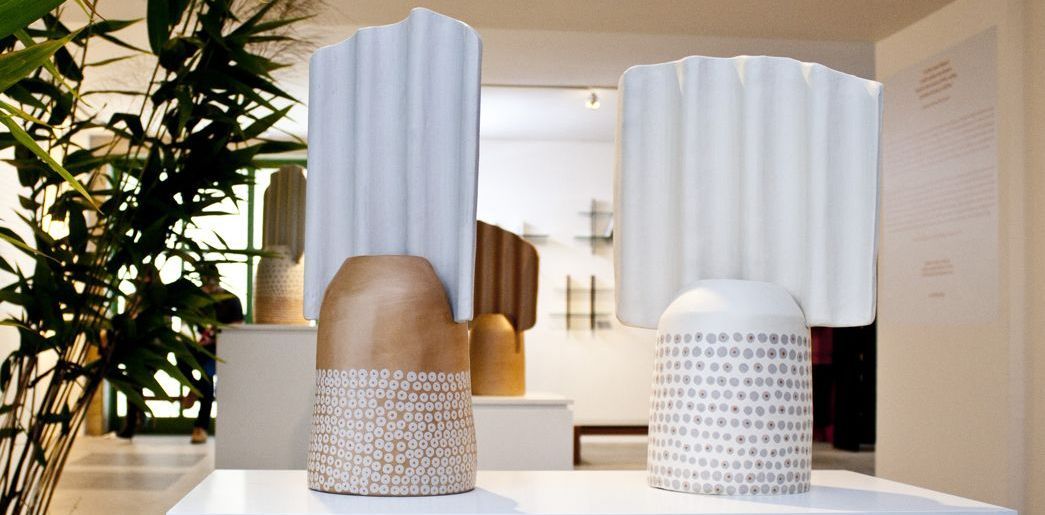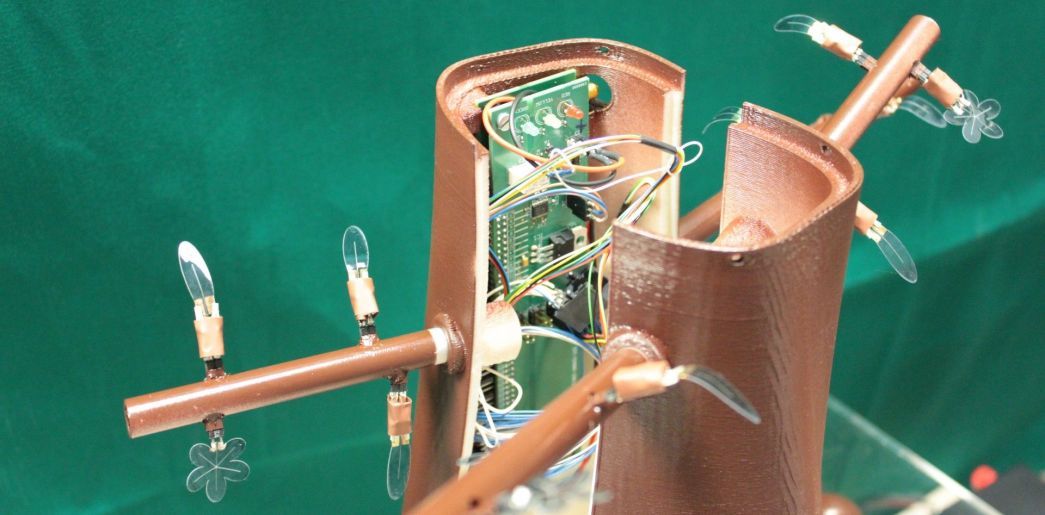AÑO
2017
CATEGORÍA
Comunidad
OBJETIVOS
Vida de ecosistemas terrestres
PAL. CLAVE
Ceramic, community, collaboration
PAÍS
Brasil
CRÉDITOS
LIVABLE. CONNECTS DESIGN, INDUSTRY AND COMMUNITY BY HIGHLIGHTING THE IMPORTANCE OF EACH MATERIAL AND HUMAN IMPACT OF AN OBJECT. ALTHOUGH LIFE ONLY SEEMS TO SPEED UP, AND MASS PRODUCTION HAS BECOME THE RULE INSTEAD OF THE EXCEPTION, SOME PEOPLE START TO REALIZE THAT THERE IS ANOTHER WAY. -FAMILY LIVABLE IS A FAMILY OF PROJECT, ENCOURAGING COLLABORATION. ALWAYS LOOKING FOR THE CONNECTION BETWEEN DESIGN, INDUSTRY AND COMMUNITIES. A SUMMARY OF INSPIRATION THAT UNDERLINES THE IMPORTANCE OF EACH MATERIAL AND HUMAN INPUT OF AN OBJECT. ECONOMIC, ECOLOGICAL AND SOCIAL VALUES ARE HIGHLIGHTED BY MEANS OF INNOVATIVE STIMULI TRANSLATED FOR A LARGER PUBLIC. -PROJECTS EACH PROJECT IS DOCUMENTED AND PRESENTED IN ITS ENTIRETY, EITHER DUE TO OBJECT, FILM OR PHOTOGRAPH. WITH A GREAT CONCERN FOR NATURE, FOR ETHNIC GROUPS AND THEIR TRADITIONS. ON THE LOOK OUT FOR TRUE CRAFTSMANSHIP, LIVABLE ADDS ANOTHER DIMENSION TO DESIGN AND MATERIALS IN GENERAL. REACHING OUT FOR A NEW REVOLUTION OF INDUSTRIES AND DESIGNERS.
LINK
https://livable.world/en/projects/caro-barro
CARO Barro
The story of ceramic artisans in valley Jequitinhonha, invaded by huge plantations of eucalyptus.
Caro Barro is the result of a cocreation process between the Belgian LI designer Sep Verboom and the Brazilian artisans of Coqueiro Campo, a village in the Valley of Jequitinhonha, in the north of Minas Gerais.
-TRADITION
Following centuries of tradition, the woman of the community still produces artisanal ceramics that are completely made out of natural materials.
Caro barro tells the story of the valley, and the way in which huge plantations of eucalyptus invaded in the lives of the artisans.
Not only the companies bought all the land from the local people for low prices,
but because the eucalyptus trees take all of the water from the ground, the nature of the valley is irreversibly damaged.
That's why the ceramics today are an even more important source of income for the people of Coqueiro Campo.
Luckily one of the few things they can still get from nature, is the clay.
Their sweetest, most precious clay.





